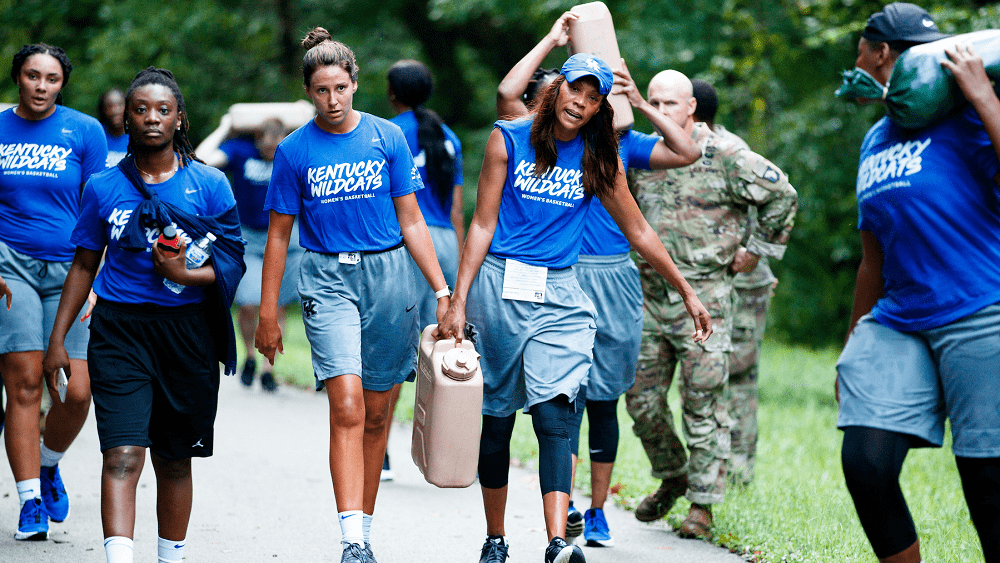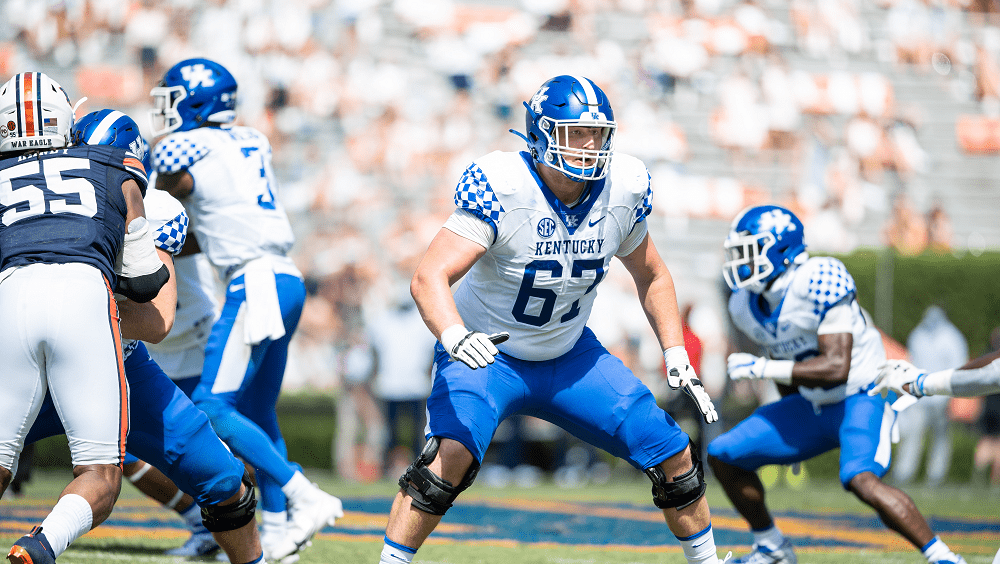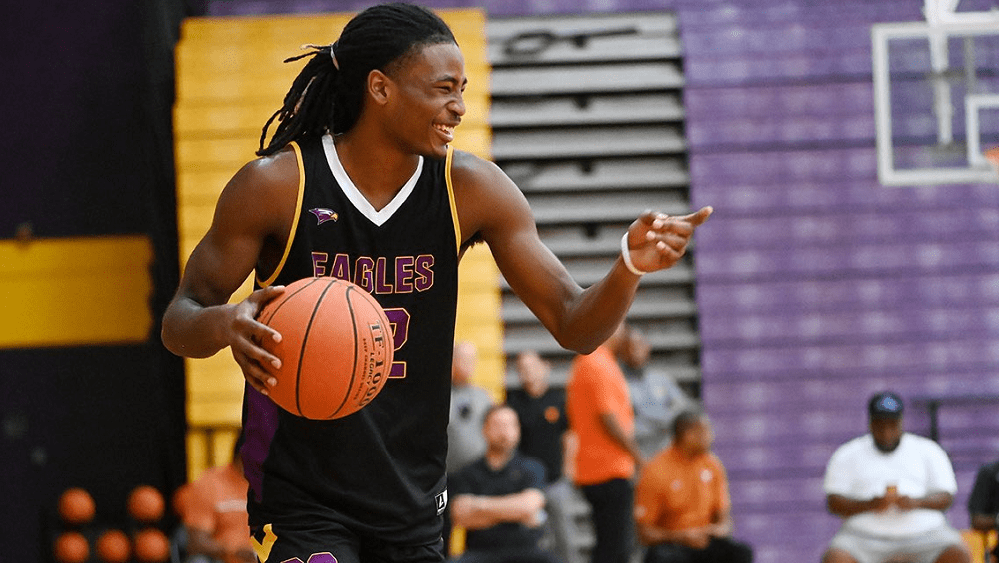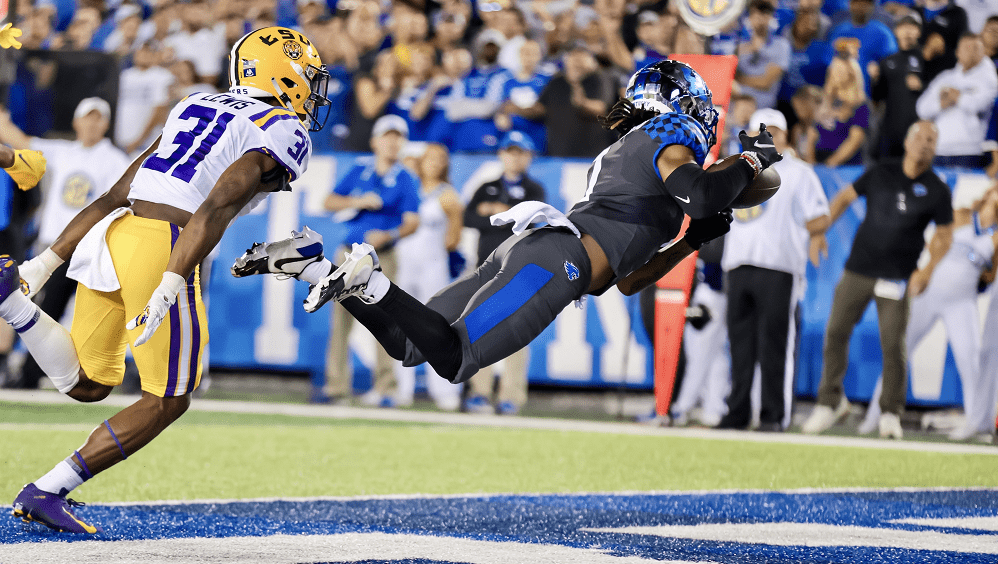
Lee Kiefer with her husband, Gerek Meinhardt, at the Tokyo Olympics where they both won medals.
Of course, Lee Kiefer beat them both to win the individual foil gold medal, the first time a U.S. fencer had an athlete win any kind of medal in women’s individual foil.
Kiefer, 27, not only was not intimidated by the bigger opponents but she thought she may have intimidated them.
“I think I do intimidate some other fencers, I am hard to hit and have less target size,” she said after her return to Lexington. “I probably move more than a lot of fencers in the world. That is frustrating to opponents and they get tired against me.
“I had lost to both Russians more than I had beat them in the past five years. That also gave me the drive to be more focused. For them, I think they were more nervous than me. They had that feeling of anxiety. I did not.”
Kiefer was fifth in the 2012 Olympics and 10th in the 2016 Olympics. During an interview on NBC’s Today Show after her win in Tokyo she said she felt “paralyzed and frozen” at her first Olympics.
She rose to No. 1 in the world rankings in 2017 but knew the “grit and resilience” it would take to make another Olympic team.
“I kept dreaming,” Kiefer, who delayed her third year of medical school at UK to compete, said.
She also changed her mental approach for the Games in Tokyo.
“Compared to Rio (in 2016), I wanted to tell myself I could win gold and not shy away from that,” she said. “I had conversations with my husband and friends and told them I really believe I can win and here is how I do it. Having that belief and bravery played a big role in my success.”
Normally she said most fencers like to take a “pretty long break” after a competition like the Olympics.
“I remember when I was younger I would take one or two weeks off after summer nationals. There really is not a set amount of time you need to recover,” Kiefer said. “I think we (Kiefer and her husband who won an Olympic bronze medal in the team competition) are going to take at least a month to figure out where we are going from here.
“We just have five years of very focused, dedicated work (for the Olympics). We just need time to recover and make plans.”
She said they are trying to “navigate” what is next for their fencing careers as well as some possible outreach to let people have a chance to meet her and see the gold medal.
“I love fencing as a sport itself. I love the movement. I loved being able to be creative and have the physical and mental intensity at practice and competition,” Kiefer said. “There’s just nothing I like and enjoy more.”






